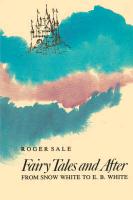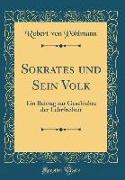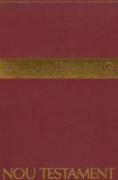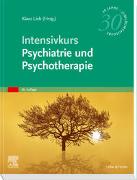Fairy Tales and After
BücherAngebote / Angebote:
Serious literary criticism of children's books is so rare that Roger Sale's entry is news, what makes it good news is that Sale has no axe to grind - the books' effect on children is incidental for him to their success as books. Rereading childhood favorites to clear away memories and precepts, he succumbed again to Dr. Seuss' Five Hundred Hats of Bartholomew Cubbins ("How wonderful, when things just happened to happen, to get not only from one to two. . . but to get back home again"), saw more than he had in de Brunhoff's Babar books, and resisted A.A. Milne's stories of Christopher Robin - to the indignation of his undergraduate students, unreconciled to leaving the Forest. Separate, linked essays follow, at once personal and closely analytical, on fairy tales, oral and written, on the role of talking animals, on nonrealistic latter-day works from the two Alices to Beatrix Potter, Kenneth Grahame, Kipling's Jungle Books and Kim, the Oz books, and, for final contrast, Walter Brooks' stories of Freddy the pig and E.B. White's Charlotte's Web. Sale disputes Bettelheim's view of fairy tales, in The Uses of Enchantment, as aids to maturation. The task with the two Alices, he contends - challenging the exegetes - "is to stick close to the surface of what is presented and to read that surface hard" (which yields, here, a brilliant interpretation of the White Queen). He looks into Beatrix Potter's life, and Kenneth Grahame's and Kipling's, to sort out their intentions: Kim "is profligate, a huge mural of all that Kipling has known and cared about India", The Wind in the Willows is "the work of a man becoming increasingly miserable" - thus Mole's delight in discovering Rat's river and, in turn, Rat's praise of Mole's "poor, cold little" home. Sale writes with a sensitivity and acuity that will draw readers back or, with equal validity, draw them on. (Kirkus Reviews)
Folgt in ca. 15 Arbeitstagen




